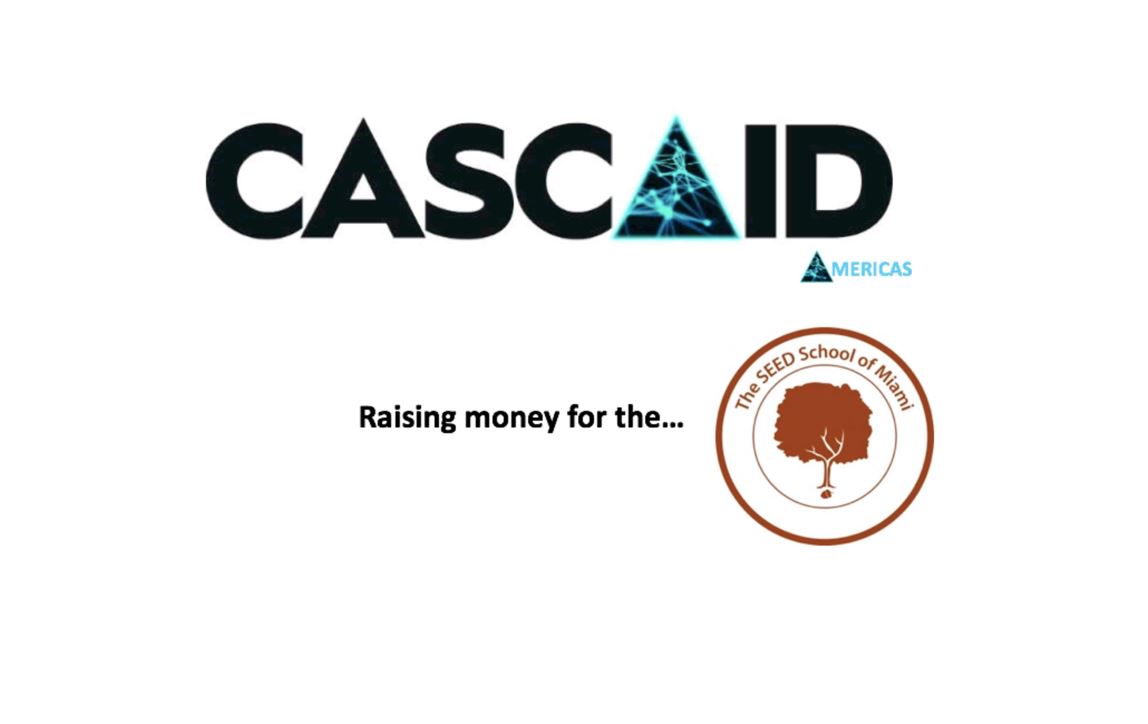The US Dollar Should Weaken As Global Growth Converges Again In 2019
| By Gabriela Huerta | 0 Comentarios

The US dollar was a clear winner in 2018 as it was one of the very few assets to register gains. Exceptionally strong US economic growth, political upheavals in Europe and the emerging markets and escalating trade tensions have buoyed the greenback this year.
Softer data in Europe brought on fears of a slowdown in the region and distanced the possibility of seeing a rate hike by the European Central Bank. In Italy, the coalition government of the League and the 5-Star Movement brought forth a budget plan that defied the European Commission and riled investors who feared that an increase in Italian debt would send ripple effects across markets. The pound sterling also weakened against the dollar in the face of the never-ending negotiations to reach a Brexit agreement. Finally, higher interest rates and the trade war between US and China especially affected emerging market currencies, as a more severe slowdown in China would have a direct impact on their economies.
We thought the dollar would weaken in 2018 but we had not foreseen the protracted trade war negotiations nor the outcome of the Italian election. 2018 has been a year of diverging economies, with a striving US on one side and the rest of the world on the other. We think this should change in 2019 as the fiscal stimulus fades in the US and the rest of the world recovers.
The slowdown in Europe was partly due to the normalisation of unsustainable high growth rates in 2017 and temporary factors such as the decline in the auto sector. The implementation of the Worldwide Harmonised Light Vehicles Test Procedure in September may well help to cut carbon emissions, but it also created problems in the production, distribution and storage of vehicles. Nevertheless, Europe is still growing above trend and these temporary factors should dissipate going forward. Furthermore, base effects will become easier and the improvement in the labour market should continue to support domestic demand.
With respect to political risks, Italy cannot go too far in its fiscal deviation as the markets will push yields higher, going against Italy’s own interests. It is precisely for this reason that they have already brought the deficit target down to 2.04%, almost in line with the requirements of the EC. As for the UK, there seems to be a multitude of possible outcomes, including an early general election or even another referendum. But whatever the outcome, eventually the UK will have to reach an agreement as a no-deal Brexit would be too disastrous for its economy.
Regarding emerging markets, we think China will resort to fiscal stimulus policies should the growth rate drop below 6% and, even though the ride could still be rocky, a trade agreement between the US and China should be reached in the best interest of all parties.
Market sentiment towards all these risks is already very negative and a gloomy scenario seems to be priced in. A positive outcome for any one of these issues, therefore, would probably see a downward movement in the dollar. Ultimately, the most important factor for currency movements is the shift in interest rate differentials. The market is only pricing in 40 bp of hikes by the ECB over the next two years, whereas the Fed is nearing the end of its hiking cycle. Consequently, there is ample room for a hawkish surprise on behalf of the ECB.
The main risk to this view is that the dollar may only start to depreciate during the second half of 2019, as political tensions may take time to resolve themselves and the European parliamentary elections in May could prove to be yet another hurdle.
Column by Jadwiga Kitovitz, CFA, Head of Multi-Asset Management and Institutional Clients of Crèdit Andorrà Group. . Crèdit Andorrà Financial Group Research.










